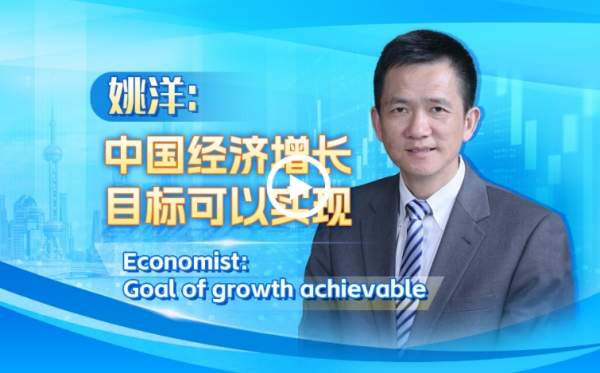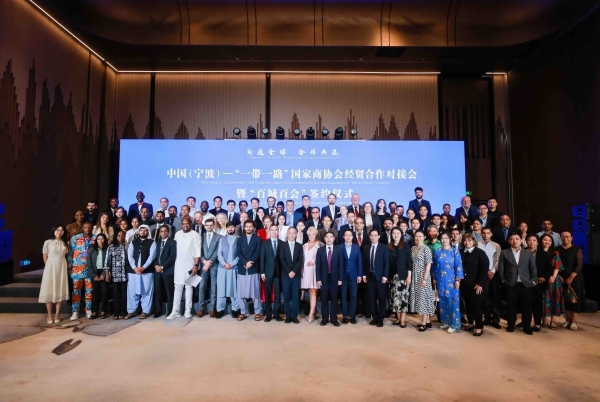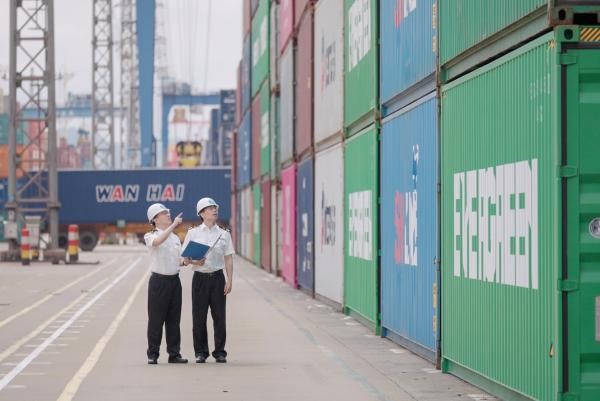Growing overseas orders of domestic firms keep stevedores busy at ports
In the meantime, China's exports soared 50.1 percent on a yearly basis to 3.06 trillion yuan over the period while imports were up 14.5 percent year-on-year to 2.38 trillion yuan, Customs data showed.
Despite many Chinese companies raising output, they also bore the pressure of growing labor and shipping costs as well as price rises of imported materials to produce goods for stay-at-home products and other key goods-from laptops to toilet paper-Chen said.
Although China is exporting more containers, the return rate is slow. Li Muyuan, secretary-general of the Beijing-based China Container Industry Association, said many Chinese ports have already begun the competition to attract empty shipping containers-new and old-to their ports by offering them benefits such as extending exemption periods for heavy containers and cutting or exempting service fees for ships and other related expenses.
The pandemic has changed the global port and shipping business, railway transport, regional economic restructuring and innovative activities in certain parts of the world, Li said, adding that many ports have already adopted digital technologies to better collect container information, improve the overall heavy load rate of trucks and boost terminal operating efficiency.
To resolve the shortage of cold chain containers and dry cargo containers, Mai Boliang, chairman and CEO of China International Marine Containers (Group) Ltd, said the company has already raised monthly container production volume from more than 200,000 units to over 400,000 units.
In addition to producing standard shipping containers that are 500 kilograms lighter than foreign containers and come with a cheaper price tag, Shenzhen-headquartered CIMC has already invented a high-end storage compartment featuring constant temperature maintenance that can be used aboard container vessels, freight trains or via airfreight to ship vaccines to different parts of the world.
With vaccinations becoming the norm around the world and effective control of the pandemic increasingly evident, he predicted that the return of empty containers will gradually return to normal around June, and supply and demand conditions will achieve a balance, further easing pressure on port operators in China.
"With China soon becoming the biggest consumer market in the world, we expect that some of that demand from consumers will also benefit companies exporting to China," said Caroline Wu, managing director for China operations at Maersk, the shipping unit of Denmark-based A.P. Moller-Maersk Group.

 How will air taxis change our lives
How will air taxis change our lives  Economist: China's growth goal achievable
Economist: China's growth goal achievable  Major Heat brings peak summer energy
Major Heat brings peak summer energy 


